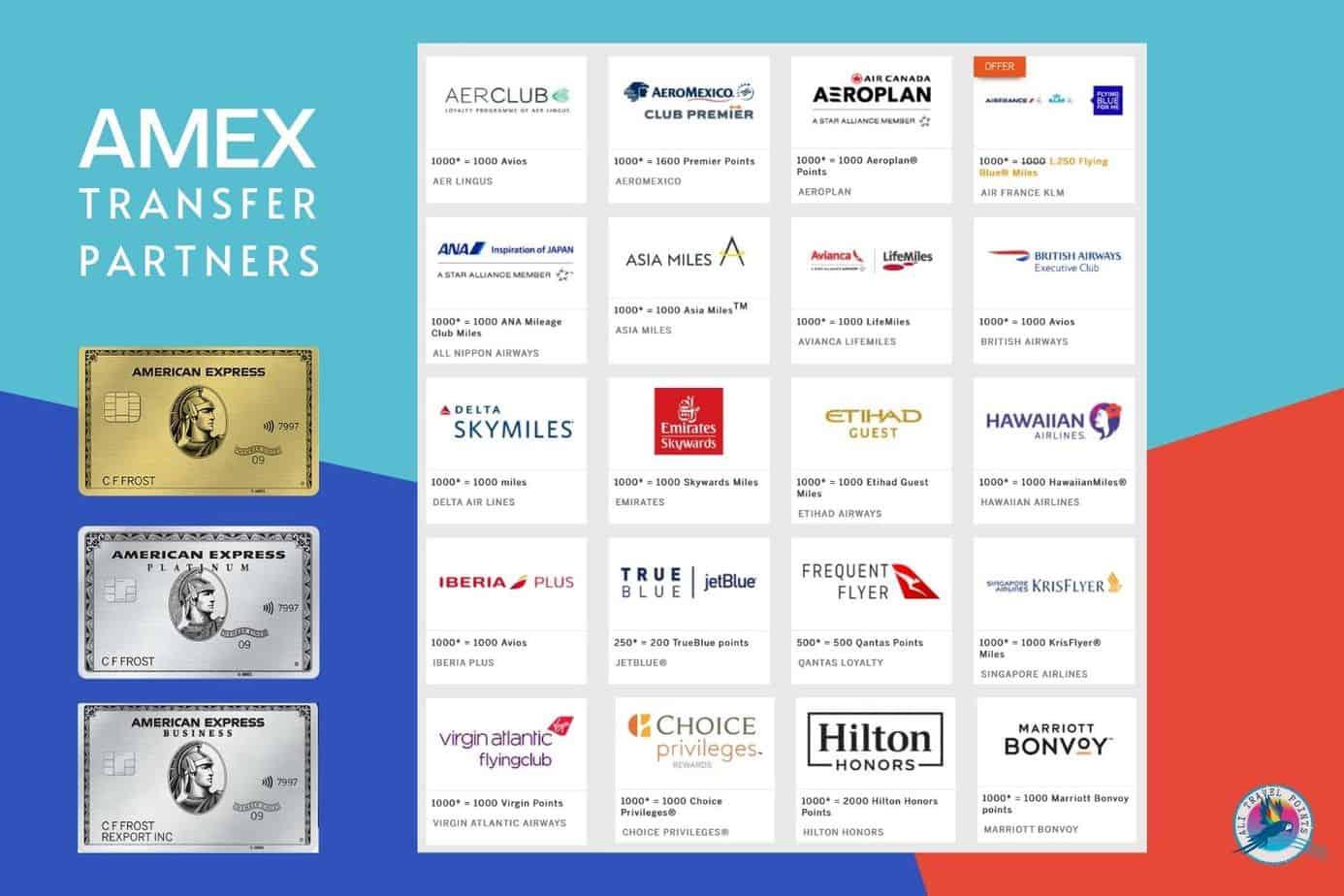
In today’s fast-paced world, credit cards have become more than just a tool for making purchases; they are gateways to rewards and benefits that can enhance our everyday lives. With a plethora of options available, many savvy consumers find themselves juggling multiple cards to maximize their earning potential. However, the real art lies in the ability to seamlessly combine points from different cards, transforming scattered rewards into a unified treasure trove of possibilities. This article delves into the strategies and tips for consolidating points from various cards, enabling you to unlock greater value and take your rewards game to the next level. Whether you’re a seasoned points collector or a curious newcomer, join us as we explore the nuances of this rewarding endeavor.
Maximizing Your Rewards Potential
When it comes to leveraging your credit card points, understanding how to strategically combine them can unlock a treasure trove of benefits. The key is to identify the cards that offer the most flexibility and value when pooled together. Many issuers provide the option to transfer points between cards within the same program, allowing you to consolidate your rewards into a single account for maximum impact. This can be particularly advantageous if one card offers better redemption rates or exclusive transfer partners.
To efficiently manage your rewards, consider these tips:
- Transfer Points Wisely: Always check for transfer bonuses or promotions that can boost your points when moving them between cards.
- Utilize Partner Programs: Some cards allow you to transfer points to airline or hotel loyalty programs, which can offer enhanced value for travel enthusiasts.
- Review Redemption Options: Not all points are created equal; explore the redemption options available to ensure you’re getting the most value.
- Stay Informed: Keep an eye on program changes and updates, as they can affect how you should manage and combine your points.
By thoughtfully aligning your cards and strategically combining your points, you can turn everyday purchases into extraordinary experiences.
Understanding Transfer Partners and Alliances
When it comes to maximizing your travel rewards, understanding the intricate web of transfer partners and alliances is crucial. Many credit card programs offer the ability to transfer points to various airline and hotel partners, each with its own set of rules and conversion rates. This flexibility allows you to tap into a vast network of travel opportunities. By aligning your rewards strategy with the right partners, you can unlock significant value, often turning a modest points balance into a luxurious travel experience.
- Airline Alliances: These are networks of airlines that share routes, lounges, and other services. Major alliances include Star Alliance, Oneworld, and SkyTeam. Transferring points to an airline within an alliance can provide access to a broader range of destinations.
- Hotel Partnerships: Many credit cards also allow point transfers to hotel chains, which can be particularly beneficial for redeeming free nights or upgrades.
- Strategic Transfers: Before transferring points, always compare the value and benefits offered by different partners. Sometimes transferring to a lesser-known airline or hotel chain can yield better rewards.
By strategically leveraging these partnerships, you can combine points from multiple cards effectively, making your dream vacation a reality with minimal out-of-pocket expenses.

Navigating the Fine Print of Points Transfer
Transferring points between different loyalty programs can be a strategic move to maximize rewards, but it’s essential to be aware of the intricacies involved. Each card issuer and loyalty program has its own set of rules, which can sometimes feel like navigating a labyrinth. Here are a few key considerations to keep in mind:
- Eligibility and Partnerships: Not all programs allow point transfers. Check if your card issuer has partnerships with the desired loyalty program. Some programs may have restrictions or offer limited-time promotions for transfers.
- Transfer Ratios: The conversion rate between programs is rarely 1:1. Analyze the transfer ratios carefully to ensure you’re getting the most value out of your points.
- Transfer Fees: Some programs charge a fee for transferring points. Weigh these costs against the benefits to determine if the transfer is worth it.
- Expiration Dates: Be mindful of expiration policies. Transferring points might reset expiration dates, but it’s crucial to confirm this with both the sending and receiving programs.
Understanding these elements can make the process of combining points from various cards not only more efficient but also more rewarding. With careful planning, you can unlock the full potential of your rewards portfolio.

Strategizing for Optimal Redemption Value
To unlock the full potential of your rewards, it’s essential to master the art of combining points from multiple cards. By strategically aligning your points under one umbrella, you can significantly enhance their value and maximize your redemption opportunities. Start by identifying which of your cards allow for point transfers to other programs. Many credit card companies partner with airlines and hotels, offering lucrative transfer bonuses. Consider the following strategies to ensure you’re getting the best bang for your buck:
- Understand Transfer Ratios: Some programs offer a 1:1 transfer ratio, while others may vary. Calculate the effective value before transferring.
- Time Your Transfers: Keep an eye on special promotions or transfer bonuses that can add extra value to your points.
- Leverage Loyalty Programs: Combine points into a single airline or hotel loyalty program where you have elite status to unlock additional perks.
- Diversify Your Portfolio: While consolidating points, ensure you maintain some flexibility by keeping points in different programs to take advantage of varying offers.
By employing these strategies, you can elevate your travel experiences, enjoy premium services, and make the most of your accumulated points. Remember, the key is to stay informed and proactive in managing your points portfolio.



